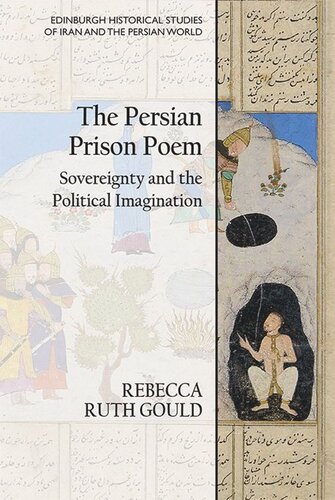

Most ebook files are in PDF format, so you can easily read them using various software such as Foxit Reader or directly on the Google Chrome browser.
Some ebook files are released by publishers in other formats such as .awz, .mobi, .epub, .fb2, etc. You may need to install specific software to read these formats on mobile/PC, such as Calibre.
Please read the tutorial at this link: https://ebookbell.com/faq
We offer FREE conversion to the popular formats you request; however, this may take some time. Therefore, right after payment, please email us, and we will try to provide the service as quickly as possible.
For some exceptional file formats or broken links (if any), please refrain from opening any disputes. Instead, email us first, and we will try to assist within a maximum of 6 hours.
EbookBell Team

5.0
110 reviewsThrough a series of insightful and sophisticated readings, this book reveals the worldliness of premodern Persian poetry. It traces the political role of poetry in shaping the prison poem genre (habsiyyat) across 12th-century Central, South and West Asia. The emergence of the genre is indebted to the increasing importance of the poet, who came into increasing conflict with Ghaznavid and Saljuq sovereigns as the genre developed. Uniting the polarities of perpetuity and contingency, the poet’s body became the medium for the prison poem’s oppositional poetics.
Bringing theorists as wide ranging as Kantorowicz, Benjamin and Adorno into conversation with classical Persian poetics, this book offers an unprecedented account of prison poetry before modernity, and of premodern Persianate culture within the framework of world literature and global politics.